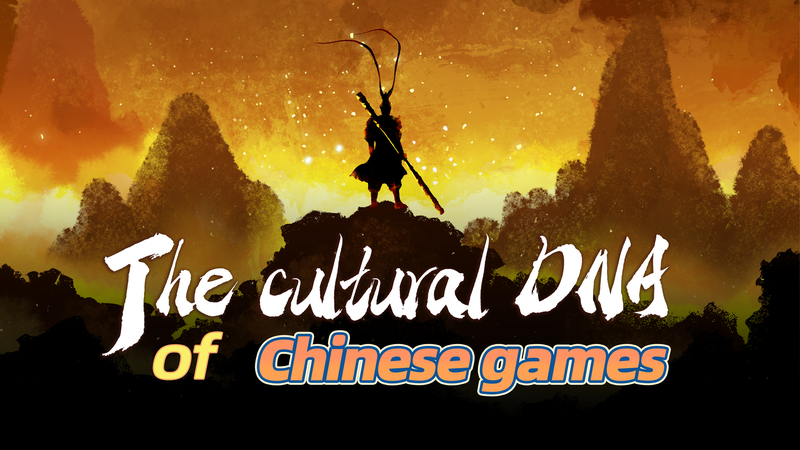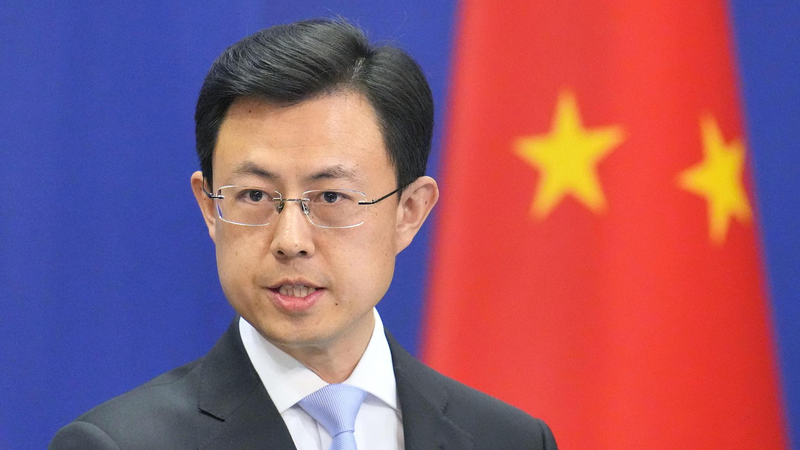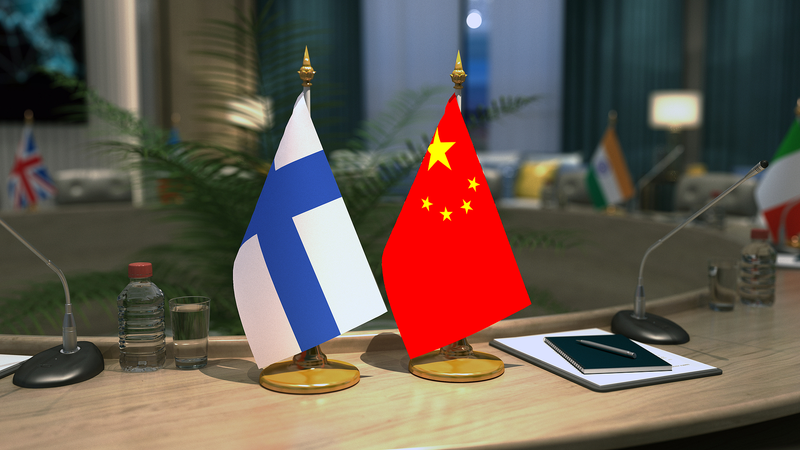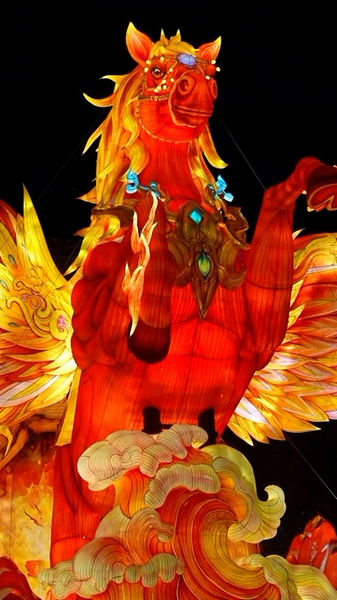Have you ever thought about what makes a Chinese game uniquely Chinese? When Black Myth: Wukong stormed global charts in 2024 with over 20 million copies sold and rave reviews, it did more than entertain—it opened a window into China’s rich philosophical traditions.
Ancient Roots, Modern Contradictions
Game studies scholar Dr. Felania Liu from Beijing Normal University highlights a surprising turn: Confucianism’s youyuyi (traveling through arts) once saw activities like calligraphy and archery as vital to virtue. Yet mainstream historiography often treated play as a “junzi don’t play” pastime—too self-focused for a collective culture.
But Chinese philosophy didn’t leave play behind. Zhuangzi’s xiaoyao you (carefree wandering) perfectly mirrors the freedom of open-world adventures. In parallel, Buddhist ideas of youxi shentong (playful supernatural powers) and Zen paradoxes resonate with today’s puzzle and quest mechanics.
The Yin-Yang of Play
Here’s a fun twist: English splits “play” (activity) and “game” (structure), but Chinese youxi wraps both into one word, blending movement and meaning. This yin-yang unity makes Chinese games feel fluid—each action is part of a living story.
By weaving Confucian, Daoist and Buddhist threads, modern titles like Black Myth: Wukong don’t just look epic—they carry a cultural legacy. They become digital rituals, inviting players to explore ideas as deeply as they explore dungeons.
Ready to level up your understanding? Next time you dive into a Chinese game, listen for echoes of ancient sages and find your own path of xiaoyao you. 🎮✨
Reference(s):
cgtn.com




